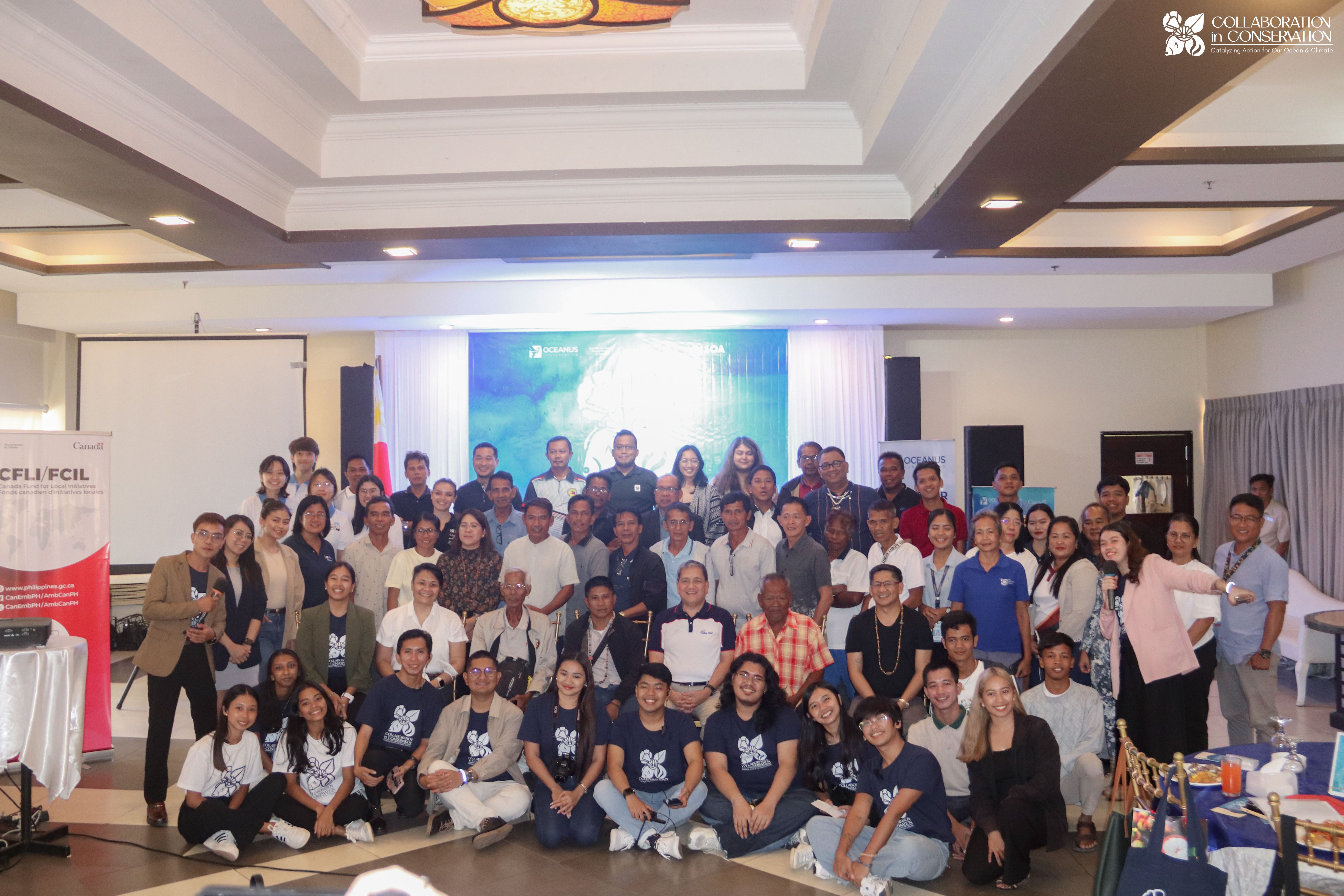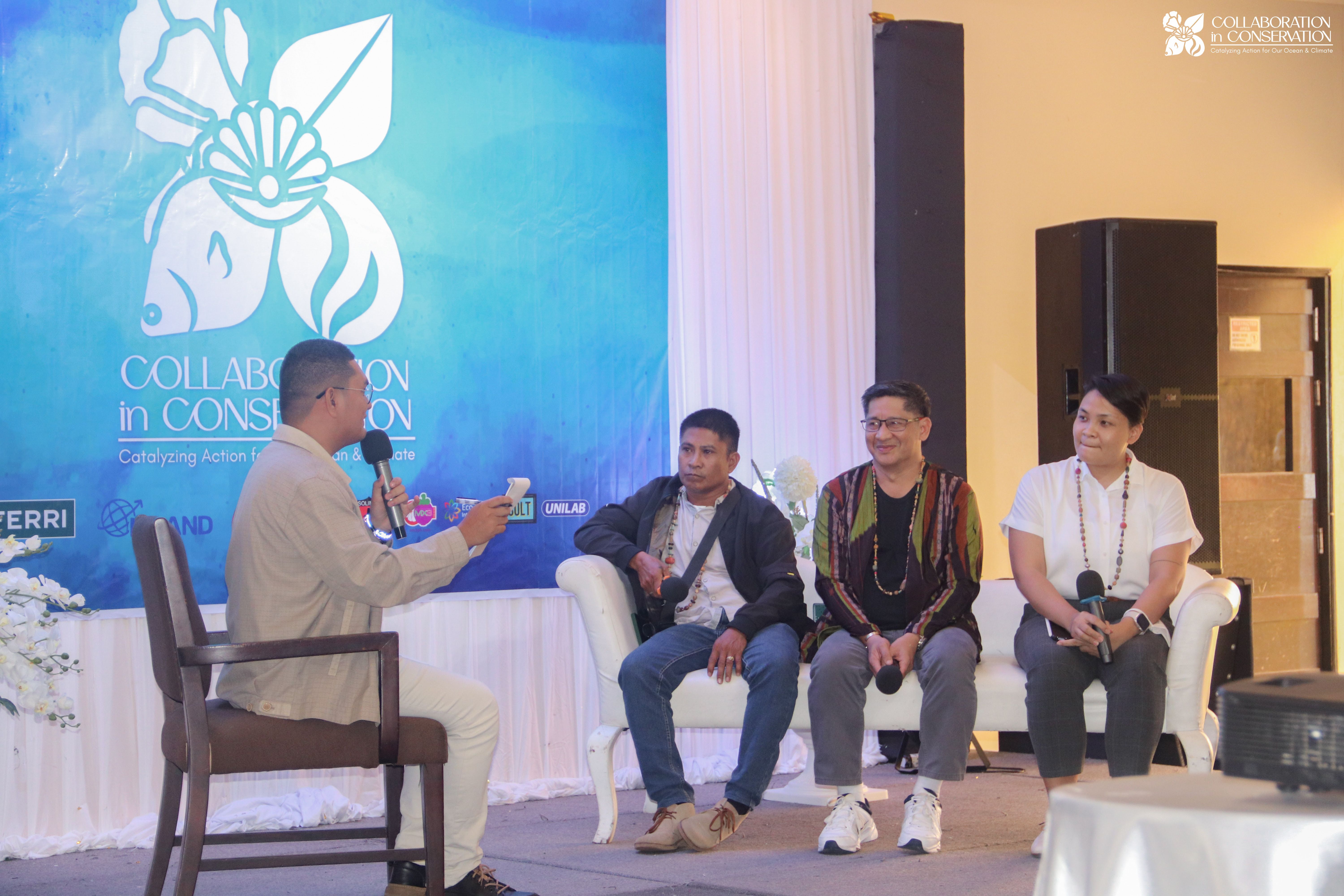Oceanus Conservation leads efforts to restore local biodiversity
The recent Ocean Summit coincides with World Oceans Day
By Mat Richter
Conserving the ocean cannot be overstated when the 2nd UN Ocean Conference announced a global ocean emergency. It revealed three major challenges confronting our only home: biodiversity loss, climate change, and marine pollution, sounding the alarm for their potential irreversible damage to the Earth.
Nonetheless, non-profit organizations like Oceanus Conservation remain devoted to restoring and conserving the planet’s waters and their wildlife. This science-based group hosted the recent Ocean Summit on June 7 during World Oceans Day.

Project PriCE for the planet
The summit was organized in collaboration with Lalakbayin, a Coron-based travel company, and the Sustainable Ocean Alliance Philippines, which marked the launch of “Project PriCE: Prioritizing Conservation Efforts: Mapping biodiversity hotspots in Busuanga, Palawan.” It aims to improve conservation strategies and encourage sustainable practices in the region.
"The problem in conservation cannot be solved by just one organization or just by the academe,” said summit panelist Katrina Luzon. “It needs managers, people from the community, and behavioral change from the people. Collaboration means people with different backgrounds working together to solve the problem.”
Oceanus Conservation also created educational infographics illustrating the biodiversity of each barangay, highlighting conservation strategies, threats, and diversity for sustainable development.
Ocean Summit highlights

80 attendees enriched the summit, which found diverse biodiversity hotspots in six villages; 21 mangrove species in six barangays, with Barangay Old Busuanga having the highest species richness and canopy cover; and eight seagrass species in six barangays.
The average hard coral cover for all sites is 37.7 percent, exceeding the national average. All six villages showed a high vulnerability score to sea level rise, while a moderate score was seen for sea surface temperature.
"We need to foster good relationships and communication through respect, understanding, and by sustaining Indigenous traditions," emphasized Raniel Montilla, municipal Indigenous peoples mandatory representative, highlighting the importance of inclusivity in conserving our finite waters.
While studies on ocean conservation can seem lengthy and intimidating at first glance, we must remain engaged in such discussions and adopt sustainable habits to help avert severe environmental consequences. Lest we forget, the time to help our shared home was yesterday.